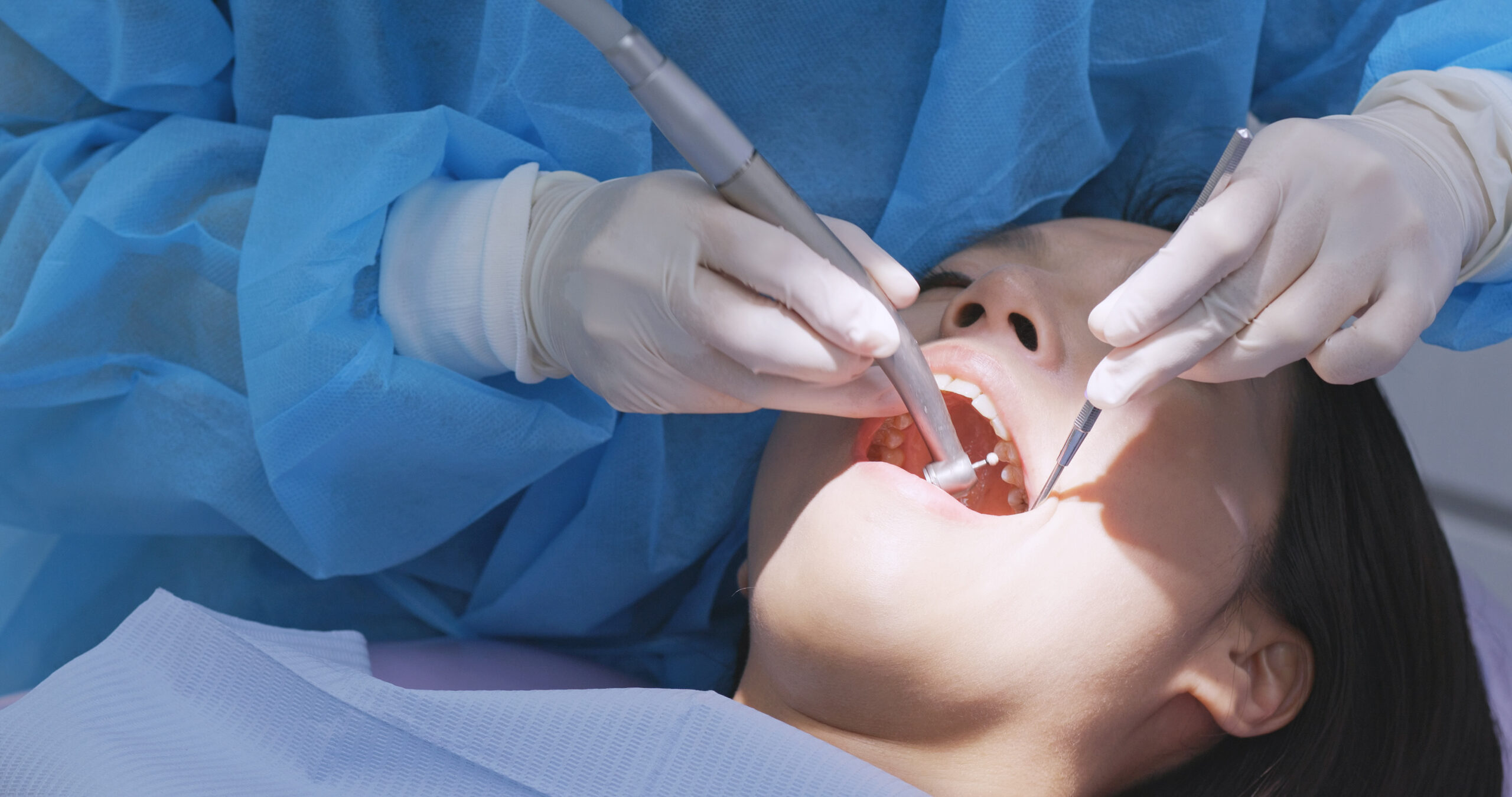
Common Reasons For Tooth Extraction or Removal
Dentists generally aim to save teeth by promoting proper oral hygiene habits and providing preventive dental services before recommending tooth extraction. Unfortunately, some teeth cannot be saved. If your Melbourne, FL dentist discovers that your tooth is beyond saving, she may suggest having it removed.
Oral tooth extractions are often a simple process but in complex dental cases, surgery may be needed to remove the tooth.
During an extraction, the patient receives a local anesthetic to numb the area. The dentist then uses an instrument called an elevator to loosen the tooth. Forceps are used to grip the tooth and pull it from the gums. There are few risks associated with tooth extractions and most people recover within a few days.
Permanent adult teeth are meant to last a lifetime but that is not always the case. There are numerous reasons why a tooth may require removal for the health and comfort of a patient. Here are some of the most common reasons that tooth extractions are performed.
Teeth Overcrowding
One of the most common reasons why dentists recommend tooth extractions is overcrowding. When a patient’s teeth are too large to fit in the mouth correctly, it can cause the teeth to shift sideways or become crooked. Braces are a great option for straightening crooked teeth but orthodontic treatment is only effective if there is sufficient room in the mouth for the teeth to move. One or multiple teeth may need to be extracted to make the necessary space for orthodontic treatment.
Tooth Decay
Cavities or tooth decay are another common cause of tooth removal. If a patient fails to have a cavity removed, the decay can seep deeper into the tooth until it reaches the center or pulp of the tooth, creating a root canal infection. The longer the tooth goes without treatment, the more destruction the decay causes. If a cavity becomes severe, the tooth might not be able to be saved and your Melbourne, Florida dentist may suggest removing it.
Gum Disease
Periodontitis, also known as gum disease, is a severe infection of the gums that can damage the soft tissues in the mouth and destroy the jawbone. Without treatment, gum disease can cause the gums to become red, swollen, and tender. Over time, the teeth can become loose due to the degeneration of gum tissue, bone, and ligaments. If the teeth do not fall out on their own, they may require an extraction by your dentist.
Impaction
Tooth impaction most commonly occurs with the wisdom teeth, or third set of molars, but can also affect other teeth in the mouth. Impaction happens when the growth of a tooth causes the tooth to push directly into another tooth. When this occurs, the area can become red, swollen, and tender. An infection may develop and the patient will often experience pain and swelling around the jaw. In cases of impaction, the offending tooth will usually need to be extracted to prevent further damage to the other teeth.
Trauma or Injury to a Tooth
Accidents happen every day. These can include falls, blows to the face, or from a car collision. When these types of accidents occur, it can cause damage to the mouth and teeth. There are two common types of tooth-related trauma that can occur due to an accident. Luxation refers to the loosening of a tooth and a fracture is the breaking of a tooth. In some cases, a tooth that has suffered damage can be treated and saved. However, if the damage is too severe, the tooth may need to be removed to prevent an infection or ongoing pain.
Schedule a Dental Appointment Today
If you discover that your tooth needs to be removed, don’t panic. Tooth extractions are a very common procedure and deemed safe, effective, and virtually pain-free due to modern anesthetics. Once the tooth is removed, you also have many options for replacement if desired, such as dental implants, removable partial dentures, and fixed bridges.
At Artistic Touch Dentistry, we can help you overcome your oral health challenges and achieve a healthier smile. Contact our dental team today to learn more about our services or to schedule an appointment with one of our experienced dentists.

